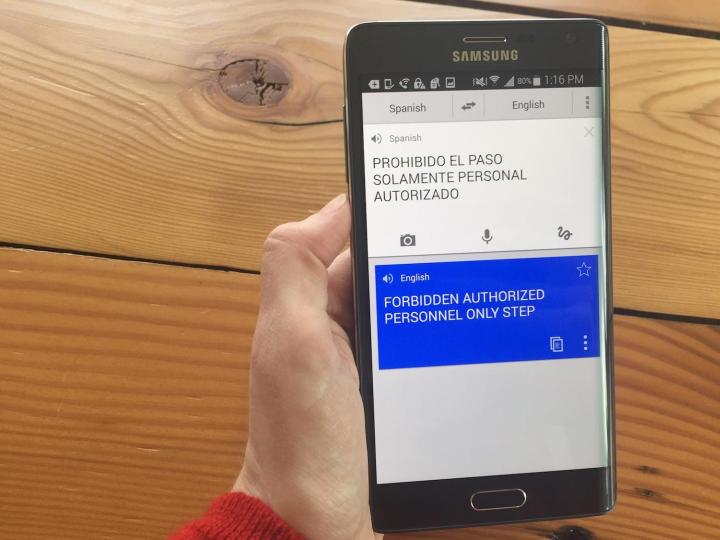
On Wednesday, Google announced the addition of 13 new languages to its translation service, bringing the grand total to 103 languages. This covers an astonishing 99 percent of the online population.
Google Translate, an endeavor that first began a decade ago in 2006, initially used machine learning-based translation services to go between English and Arabic, Chinese, and Russian. But now, it’s not just these widely-spoken languages that have been given support. Today’s update brings Amharic, Corsican, Frisian, Kyrgyz, Hawaiian, Kurdish (Kurmanji), Luxembourgish, Samoan, Scots Gaelic, Shona, Sindhi, Pashto, and Xhosa to Google, which helps “bring a combined 120 million new people to the billions who can already communicate with Translate all over the world.”
This impressive new milestone wasn’t a purely technical achievement — indeed, Google notes, “as already existing documents can’t cover the breadth of a language, we also rely on people like you in Translate Community to help improve current Google Translate languages and add new ones.” Thus far, more than 3 million people have added around 200 million translations to the burgeoning Google database.
And as it turns out, if you’re just itching to contribute to the polyglot-ism of the world, you may want to consider joining the Translate Community on February 21, otherwise known as International Mother Language Day. Celebrate your heritage by heading over to Google, selecting the language(s) you speak, and then start translating (or confirming existing translations).
To learn more about the 13 newest languages available in Google Translate, or to start expanding your own linguistic horizons, check out Google’s full blog post on the matter, and join the multilingual party.
Editors' Recommendations
- Google Drive vs. Dropbox: which is best in 2024?
- Watch out: Google Drive may have lost months of data
- Google now lets you know the best time to book a cheap flight
- Google Earth updates cool Timelapse feature with new imagery
- You can now try out Google’s Bard, the rival to ChatGPT


